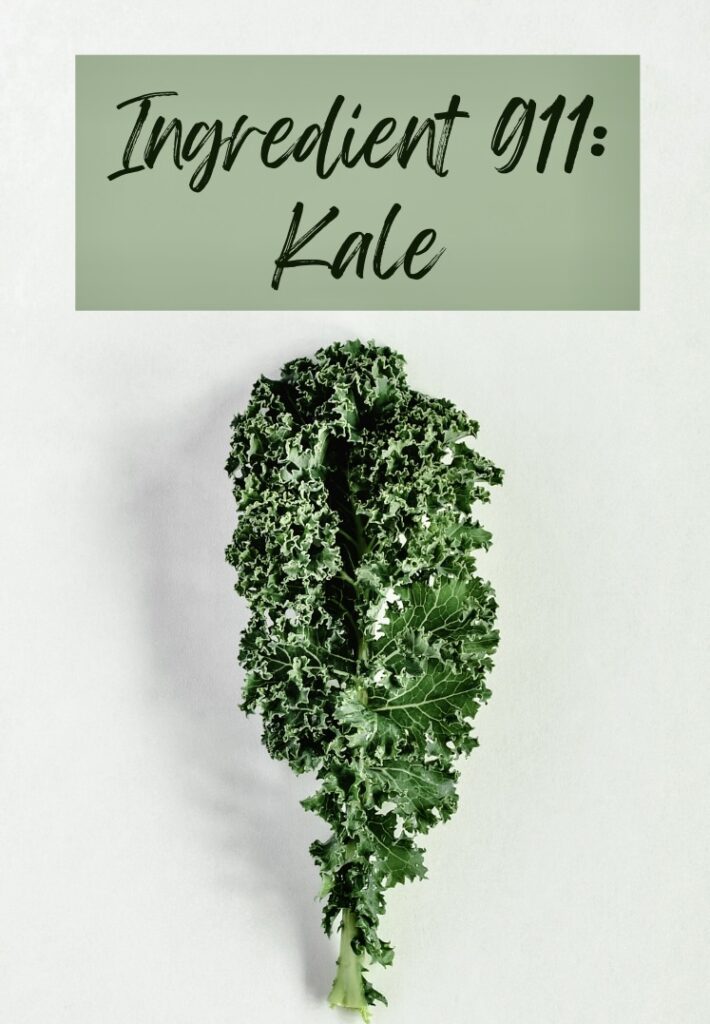
There are three main types of cardiovascular disease prevention: primary, secondary, and primordial. While each one contains the same elements and their effects, they have different starting points. For prevention to be most effective, patients need to be aware of their risk factors, and develop a personalized plan. The goal of prevention is to lower your cardiovascular risk and live a healthy and long life. For tips on how you can prevent heart disease, read on. This article examines the various types and treatments for cardiovascular diseases.
First, keep your heart healthy. A heart-friendly diet includes a high intake of fiber, low salt, and high levels of vitamins and minerals. The next step is to eliminate processed food, including white bread and processed snacks. These foods are not good for your heart, unless they have high fiber content. You can also avoid packaged snacks and fast-food. Lastly, don't reach for the salt shaker. Too much sodium in your body can increase the risk of developing cardiovascular diseases.

You should eat healthy and exercise regularly. Experts recommend that you exercise 150 minutes per week. This is approximately 20 minutes per day. You should also eat a variety low-calorie meals. Regular exercise can also reduce blood pressure and prevent heart diseases. It can also prevent heart disease by practicing mindfulness and managing your stress. It's much easier than it seems, and not as difficult, to change your lifestyle.
A healthy diet will reduce your risk of developing heart disease and help you to avoid heart attacks. A diet high on fruits and vegetables will reduce your chances of getting this disease. Also, beans and low-fat protein may lower your risk. Certain fish are also high in omega-3 fatty acids, which may help you reduce your risks of cardiovascular disease. If you have the time, start incorporating these methods into your daily routine.
Smoking can increase your risk of developing heart disease. You can reduce your risk of developing coronary artery disease by quitting smoking. Stop smoking. You are better for your heart if you quit smoking. You can also avoid secondhand smoking to lower your risk of developing heart disease. You should stop smoking if your are a smoker. This will lower your chances of getting heart disease.

Prevention of heart disease is something that should be done throughout your life. While it is difficult to detect, the disease can lead to an increased risk of heart failure and other serious symptoms. It is important that you take steps to decrease your risk of developing heart disease. Healthy habits can help reduce the chance of getting the disease. You'll live a long, healthy life. You'll live longer and be healthier if you do.
FAQ
What should my weight be for my age and height? BMI calculator & chart
To determine how much weight loss you need, a BMI calculator is your best friend. The range of a healthy BMI is between 18.5- 24.9. Weight loss is possible if you aim to lose approximately 10 pounds per week. Enter your height in the BMI calculator.
This BMI chart can help you find out if or not you are obese.
What's the difference between a virus & a bacterium?
A virus is a microscopic organism which cannot reproduce outside of its host cell. A bacterium can be described as a single-celled organism which reproduces by splitting in two. Viruses measure only 20 nanometers in diameter, but bacteria is up to 1 millimeter in size.
Viruses are usually spread through contact with infected bodily fluids, including saliva, urine, semen, vaginal secretions, pus, and feces. Bacteria are usually spread through direct contact with contaminated objects or surfaces.
Viral infections can be transmitted through skin cuts, scrapes and bites. They may also get into the body through the nose and mouth, eyes, ears or rectum.
Bacteria can get into our bodies through cuts, scrapes and burns, insect bites, or other skin breaks. They can also get into our bodies via food, water or soil.
Both viruses and bacteria can cause illness. Viruses cannot multiply in their host cells. They can only infect living cells and cause illness.
Bacteria can multiply within their hosts and cause illness. They can even invade other parts of the body. We need antibiotics to get rid of them.
How do I get enough vitamins for my body?
Your diet can provide most of your daily requirements. However, if you are deficient in any particular vitamin, taking supplements can help. Multivitamin supplements can be taken that contain all the vitamins you need. Or you can buy individual vitamins from your local drugstore.
Talk to your doctor if there are any concerns about getting enough nutrients. Dark green leafy vegetables like spinach, broccoli and kale, as well as turnip greens and mustard greens such as turnip and mustard greens and bok choy, are rich in vitamins K & E.
Ask your doctor to help you determine the right amount of vitamin. Your medical history and current health will help you determine the best dosage.
Statistics
- nutrients.[17]X Research sourceWhole grains to try include: 100% whole wheat pasta and bread, brown rice, whole grain oats, farro, millet, quinoa, and barley. (wikihow.com)
- Extra virgin olive oil may benefit heart health, as people who consume it have a lower risk for dying from heart attacks and strokes according to some evidence (57Trusted Source (healthline.com)
- According to the 2020 Dietary Guidelines for Americans, a balanced diet high in fruits and vegetables, lean protein, low-fat dairy and whole grains is needed for optimal energy. (mayoclinichealthsystem.org)
- The Dietary Guidelines for Americans recommend keeping added sugar intake below 10% of your daily calorie intake, while the World Health Organization recommends slashing added sugars to 5% or less of your daily calories for optimal health (59Trusted (healthline.com)
External Links
How To
How to stay motivated and stick to healthy eating habits and exercise
Healthy living: Motivational tips
Motivational Tips for Staying Healthful
-
Make a list with your goals
-
Set realistic goals
-
Be consistent
-
When you reach your goal, reward yourself
-
If you fail the first time, don't lose heart
-
Have fun